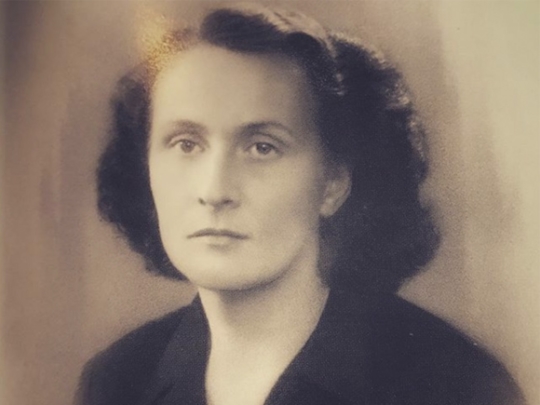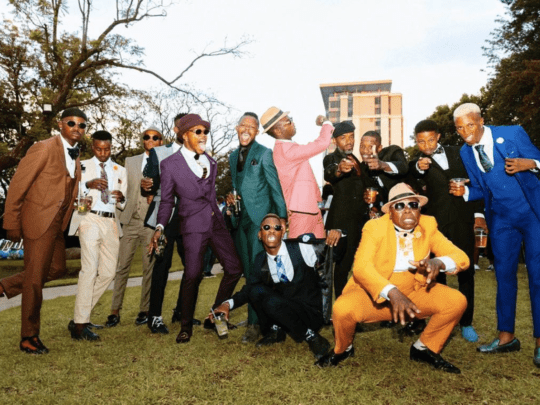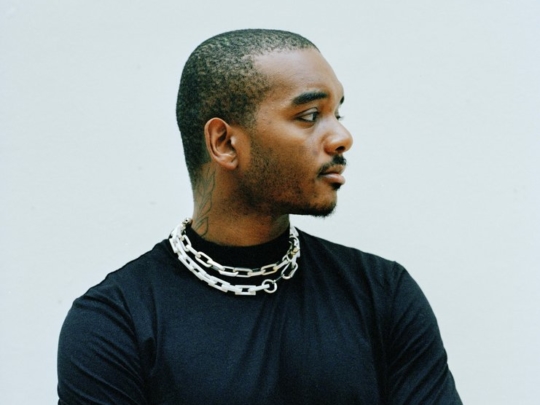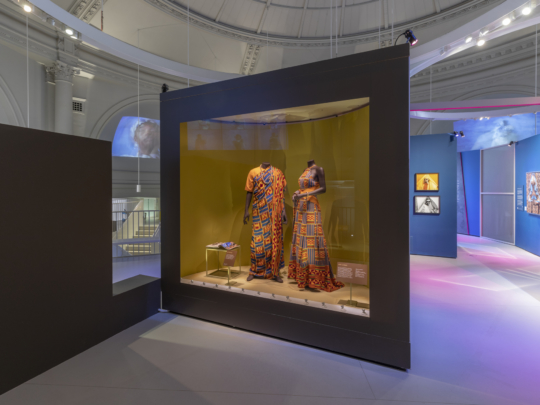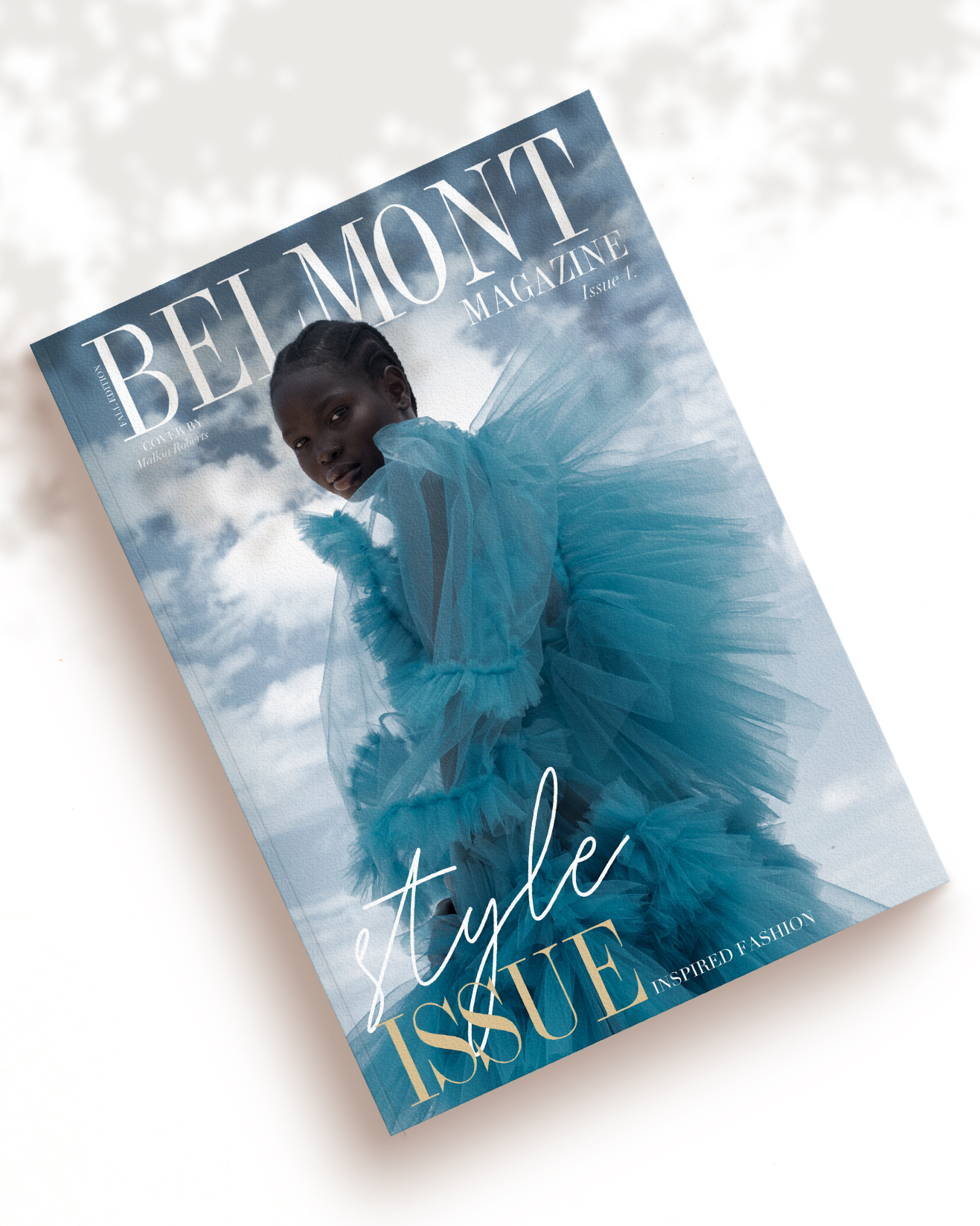LE: What are the values and key pillars of Belmont Magazine?
MR: Belmont is about luxury lifestyle with a substance, and this substance is intersectional voices. In every piece we write, we include a voice that may otherwise be overlooked. It’s more about the backend than the frontend; it is about how we quantify our content. We start with an idea, the editors and I discuss it, and, in the end, it goes to our outreach coordinator. Not a lot of publications have one. For example, if we are doing a story on ten of the best skincare product brands, her job is to make sure that 40% are minority ethnic owned or that they are from small businesses. It is not so much about what you see, but the in-depth content. We also really care about our team. Our code word is “I need a tea break.” If any of the writers says they need a tea break, all we ask them is when they will be back. We don’t put pressure on anyone; we all need that emotional breather and health break.
LE: How is diversity represented in the magazine?
MR: It starts with who we work with. When you recruit diverse groups, you also have to allow their voice to come through. I discuss with my team what matters to them. It’s about allowing people to discuss their ideas; that’s how you maintain diversity and make sure it doesn’t become superficial. We speak to the real people and I ask my writers what they want to write about. When PR approach us, we don’t tell them that we want this personality to write on this, we ask the personality what they think their voice can add weight to. It’s very much about including people and what they want to say.
LE: How does choosing a team with such diverse backgrounds benefits the magazine?
MR: It has benefited the magazine hugely because fashion varies depending on where you are in the world. Our creative director is based in L.A., while most of our writers are based in London, and I can see a difference in their style and how they work. Having people from different parts of the world really shows me differences that, otherwise, I wouldn’t have noticed. When producing a product that you want global, it is important to have representation. Working with different time zones has been complicated, but at least, everyone worked from their virtual office, so it allowed me to recruit the best team without restricting people with location.
